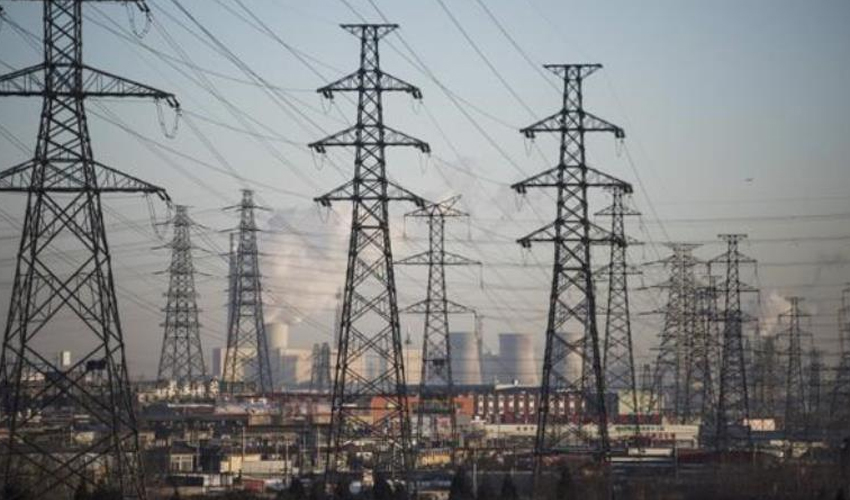Global oil prices rallied at the beginning of the week as concerns over supply disruptions heightened, following an announcement by two major oil exporters, Saudi Arabia and Russia, stating their commitment to voluntary oil output cuts until the year's end.
Brent Crude, the international benchmark, is currently trading at $85.11 per barrel, marking a 0.11% increase for the day, while West Texas Intermediate (WTI) crude is trading at $80.76 per barrel, up by 0.1%.
Saudi Arabia, Russia extend voluntary oil output cuts
The oil market experienced a setback last week, with both benchmarks dropping by over 4%, marking their second consecutive weekly decline. This decline was attributed to the fading geopolitical risk premium after U.S. diplomats engaged regional leaders in an effort to reduce the potential of the Israel-Hamas conflict triggering a broader Middle East crisis.
Saudi Arabia, a key player in the oil market, confirmed its decision to maintain an additional voluntary cut of 1 million barrels per day (bpd) for the month of December, intending to keep its output at approximately 9 million bpd, as reported by a source at the Ministry of Energy, in a statement to Reuters.
Russia, another major oil exporter, also declared its commitment to prolong its extra voluntary supply cut of 300,000 bpd, affecting its crude oil and petroleum product exports until the end of December.
Market anticipates potential surplus
ING analysts suggested in a note that the oil market might experience a surplus in the first quarter of the upcoming year, which could potentially persuade Saudi Arabia and Russia to continue with their production cuts.
Suvro Sarkar, a DBS analyst based in Singapore, emphasized that the market currently undervalues geopolitical risks at its present levels, presenting a significant upside risk.
This week, investors are closely monitoring economic data from China, the world's second-largest oil consumer, following disappointing October factory data released last week.
Tony Sycamore, an IG analyst based in Sydney, anticipates that oil prices will be driven by headlines from the Middle East and technical charts this week. He stressed the importance of WTI crude holding above the support level of $80 per barrel in the early part of this week, as failure to do so could lead to a price drop to the $77.59 low observed in August.



























